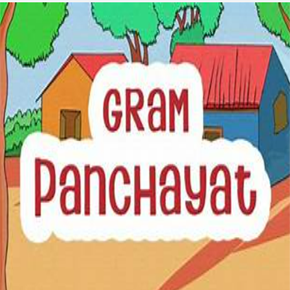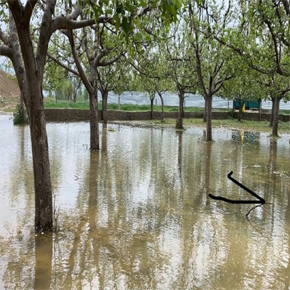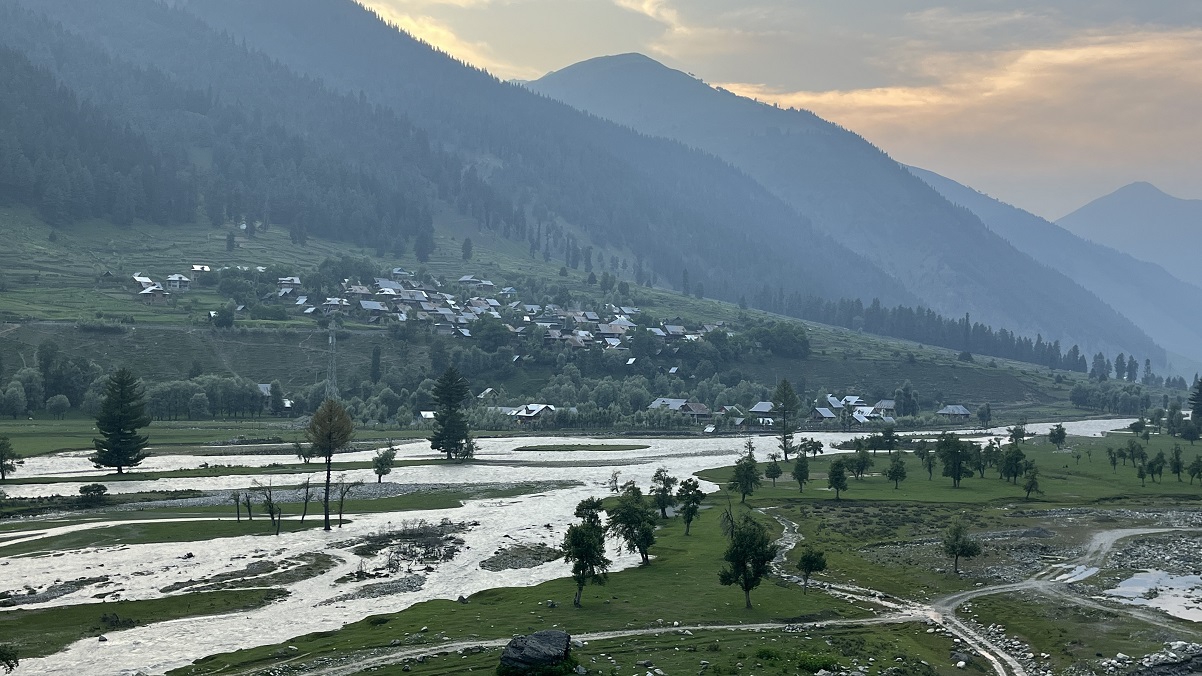TWO important developments have taken place recently with regard to better governance and responsive administration in Jammu & Kashmir. Firstly, the J&K Government directed all the Public Authorities to ensure strict adherence to the provisions of the Right to Information Act 2005 (RTI Act) and facilitate speedy dissemination of information to the information seekers. Through its circular no. 50 JK (GAD) of 2022 dated 16.12.2022 , the General Administration Department (GAD) instructed all Administrative Secretaries, Heads of Departments and Managing Directors to conduct fortnightly reviews to ascertain the status of disposal of RTI applications received in their offices. In addition, they were also directed to furnish the compliance report on RTI implementation to the GAD.
“The objective of the Right to Information Act, 2005 is to empower citizens by way of promoting transparency and accountability in the working of the government and eradicating corruption to make democracy work for the people in real sense. An informed citizen is well equipped to keep necessary vigil on the instruments of governance and make the government more accountable towards the citizens,” reads the circular issued by Secretary GAD Dr Piyush Singla
Making all services online by Jan 15th
In addition to the issuance of the aforementioned circular, the Chief Secretary of J&K Dr A K Mehta recently impressed upon all the Govt offices to make all the services online provided by them by January 15, 2023. As per the Govt statement which was also issued on December 16th 2022 while Chief Secretary was reviewing the performance of the Information Technology (IT) Department in a meeting in Srinagar, A K Mehta directed the officers to prepare a list of all the services provided by the departments.
The Chief Secretary directed the officers to separate the services still offered through offline mode and prepare a roadmap for offering the same through an online platform with end-to-end digitisation by January 15. Chief Secretary Dr A K Mehta during the meeting asked the officers of the IT department to issue advisories to different Govt departments for conducting security audits of their official websites as well without any delay.
“The IT Department must extend handholding to these departments to comply with the direction and to frame a list of offices that fail to conduct this audit so that action is initiated against those responsible. We need to synchronise the public services with auto appeal as per the provisions of Public Services Guarantee Act (PSGA) “ Chief Secretary said during the meeting
Chief Secretary Dr Mehta also asked the IT officials to put all the Govt services on e-UNNAT and Service Plus for their availability from a common platform so that it would help the citizens across Jammu & Kashmir.
RTI Online
The Government has come up with a detailed circular on RTI implementation for the first time since the central RTI law (RTI Act 2005) was extended to Jammu & Kashmir post article 370 abrogation. As a long-time campaigner of RTI Act, I see this as a very positive development and I congratulate the Government particularly Lt Governor Mr Manoj Sinha, Chief Secretary Dr A K Mehta and Secretary GAD Dr Piyush Singla. In addition to it, the clear direction given by the Chief Secretary to the officers of the IT department to prepare a roadmap for making all the offline services online by Jan 15th is also a great decision provided all the offline services are provided digitally to people as soon as possible. By making Govt departments conduct security audits of their websites is also a great decision and I am sure the Chief Secretary will take a follow-up meeting on this by January 20th.
When the Government talks about the speedy dissemination of Information and ensuring all offline services are provided through online mode, that is only possible when the Govt receives and provides information through a digital platform. I am sure by January 15th Govt offices and all the public authorities in J&K will be receiving the RTI applications through an online mode & information will also be provided to RTI applicants through the same mode as well. In addition to it RTI application fees and additional fees (xerox charges) will also be received digitally.
Challenges faced by RTI applicants
As there is no digital platform available in J&K to file an application under the Right to Information Act (RTI), the information seekers have to face lots of challenges to deposit RTI application fees in the shape of Indian Postal Order (IPO) or to send the RTI application. As I have mentioned in one of my columns in the past also, to buy an Indian Postal Order (IPO) is an arduous task in J&K. I have not come across a single post office in any urban or rural area of J&K where Rs 10 Indian Postal Orders (IPOs) are freely available. In some urban areas if one gets hold of one or two IPOs from a post office , this is impossible in a rural area of a town. If a person from a remote village in Rafiabad Baramulla wants to file an RTI application , he or she will have to travel all the way from Rafiabad village to Sopore or Baramulla town to get the Indian postal order. This has happened with me personally and I always buy IPOs from General Post Office (GPO) Srinagar. How can we call this citizen friendly ? Had online RTI service been available in J&K like central Govt offices, people living in remote areas like Padar in Kishtwar , Loran in Poonch or Tulail in Bandipora could also access information from civil secretariat in Srinagar or Jammu or any other office located in their district or any other place. To seek information through an offline mode, an RTI applicant has to travel to Govt offices , pay bus fare and then spend the whole day in the town. If he or she has to get a postal order (in case of non BPL applicants) then more money is needed to travel to district headquarters. On an average an RTI applicant from remote areas has to spend at least Rs 400 to 500 to file an RTI application even if he belongs to Below Poverty Line (BPL) category. Once we have online RTI service available the same RTI application can be filed in 5 minutes from a cell phone.
The Circular issued on RTI implementation by Govt has directed that all Public Authorities to sensitize their Central Public Information Officers (CPIOs) on the important provisions of the RTI law like voluntary disclosure of information, adherence to the prescribed timelines for disposal of RTI applications, prompt transfer of applications and appropriate disposal of appeals by the appellate authorities. To implement all the aforementioned provisions of RTI law are difficult to be implemented through an offline mode except RTI workshops and training for CPIOs that have to be held mostly physically. When it comes to making voluntary disclosure of information especially as mandated under Section 4 of RTI Act 2005, the Govt websites must have all the information available so that people won’t have to even use RTI to access the same.
Conclusion
Unfortunately, most of our Government websites have not been updated for years and that is why the Chief Secretary has to ask the IT Department officers to audit different Govt websites. On the platform of digital adoption, India ranks amongst the top 2 countries globally and the digital economy of India is likely to cross 1 trillion US dollars by the year 2023. PM Modi launched the Digital India campaign on July 1st 2015 to make government services available to citizens electronically by online infrastructure improvement and also by enhancing internet connectivity. It also aims to empower the country digitally in the domain of technology. J&K Govt offices have to provide the information electronically under RTI Act 2005 now so as to realize the dream of Digital India programme.

























































































